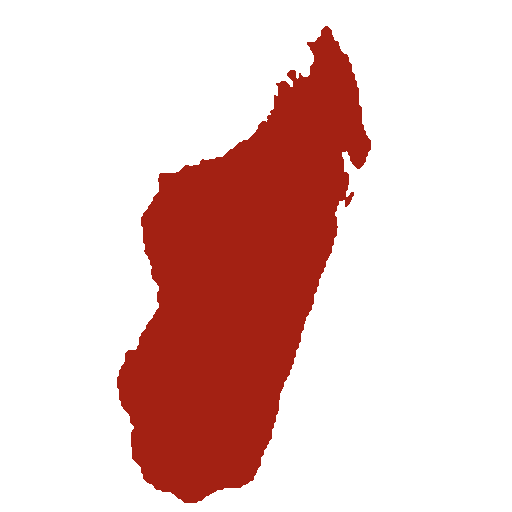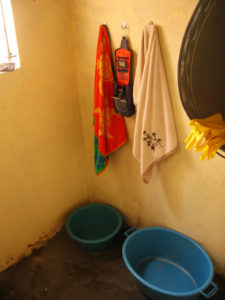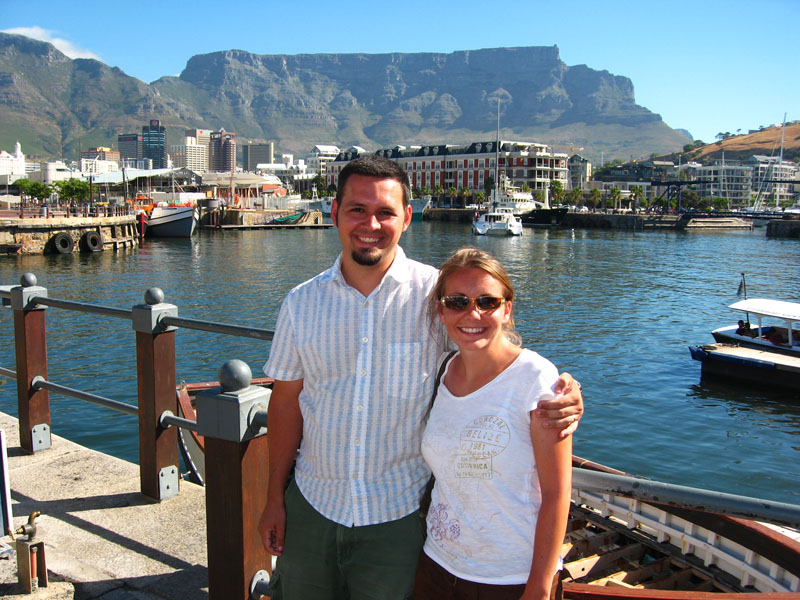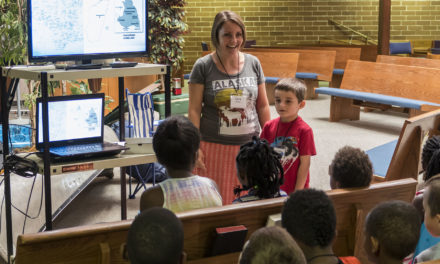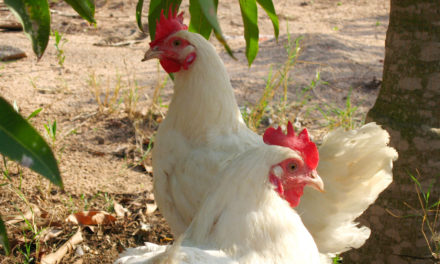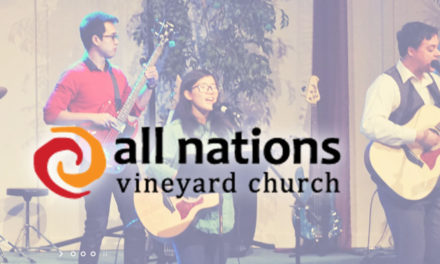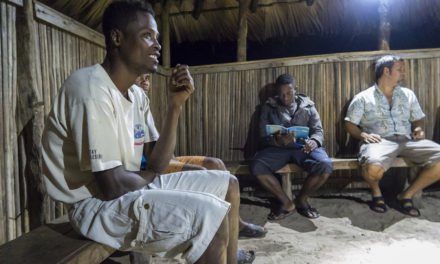There’s one thing always confronted here in South Africa: the tension between too little and too much. Any small amount of movement from place to place takes a person from one side to the other, in a very short amount of time. The movement takes you through the severe tension at the edges and indeed, even through a strong tension within, just for having the mobility to pass from one side to the other.
I think this ability to move from poverty to riches, and from riches to poverty, to drive from a well-appointed mansion to a tiny tin shack within less than five minutes is one of the biggest strains on South African life today. But it may not be a strain for everyone… maybe mostly just for those people with the mobility to move from one side to the other. Those people in the deepest forms of poverty here, people that are lacking all mobility, may not suffer from that sort of tension at all, but of course, they suffer from entirely different stresses instead.
But most people in South Africa do have that mobility to move from one side to the other, from riches to poverty and back again. Even if most don’t have the means to remain in the place they’d desire most, they can still pass by or even linger. And that produces a very strong tension.
Certainly for us Peace Corps Volunteers, I think it often hits hard. We spend most of our year, most of our daily lives, living in villages without running water, without clinics or hospitals or any modern medicine, without the ability to purchase more than a very limited variety of food, sometimes even without electricity. Most people’s houses are small and built from bricks they made themselves out of river sand and they have a slat of corrugated iron for a roof as well as a stinky pit toilet somewhere in the yard. The common mode of transportation is walking. But if we ride a taxi for just an hour or two we can buy organic soy milk, eat at McDonald’s, watch a movie, or even go to the car dealership and check out the newest Porsche.
Several other Peace Corps Volunteers have stressed to me just how much these drastic switches mess with their perception of reality. We can have a hard time understanding our own “lot in life”: is it to work through hardships with the same people we’re working for, or should we be able to enjoy comforts and luxuries when we know that the money spent on them for a week could feed our whole school for a month? Shouldn’t we feel guilty? Some certainly do. Another sentiment I’ve heard expressed is that a Volunteer’s time serving in a village is in effect “paying rent” for enjoying some of life’s luxuries from that point on. Personally, I don’t think either the feelings of guilt or the idea of being “paid up” is quite right.
Oftentimes, the contrast here between village life and vacation time for Peace Corps Volunteers is even more significant. If a Volunteer has visiting family, they may stay in a condo overlooking a pristine coastline and eat at fine restaurants every day of the week. They may not even see a single “African” for days at a time (unlike village life where most Volunteers are the only white or foreign person seen for weeks or months or years).
There are some verses in Philippians that I’ve thought about in different ways for a long time: “I’ve learned to be content with whatever I have. I know what it is to have little, and I know what it is to have plenty. In any and all circumstances I have learned the secret of being well-fed and of going hungry, of having plenty and of being in need” (4:11-12)
I think in the past I’ve tended to look on those verses from only one angle. I grew up in a family that always had plenty, more than enough. We weren’t rich by American standards, but we were certainly never hungry and we had the freedom to indulge in a lot of our desires. I think that’s true for almost all of us who’ve grown up in America. It’s even enshrined in our declaration of independence: we have a right to “the pursuit of happiness”, not just the right to “try to survive.”
So to me, and maybe to many of you, the parts that stood out in those verses were: “to have little… going hungry… being in need.” It seemed to me that I already knew the other parts, so this is what I had to learn. So as a teenager I sometimes practiced fasting, in part just to understand those same verses. I think I did learn something from those times. And I think my few months visiting rural areas in Madagascar in 2002 and our year and a half here have taught me something more about “having little, going hungry, and being in need.”
But our time here has also taught us something about “having plenty and being well-fed.” Now, I think that part is just as important, just like it was written in those verses, and that being content in both extremes can even seem like a “secret” to be acquired, or an art to be mastered.
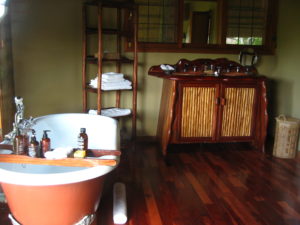
Our bathroom at Ulusaba, the private game lodge just 2 km from our village, where they invited us to stay one night free.
Living on our Peace Corps budget really is enough. When we’re in the village, that is. But to live that other kind of life here: the city life, the vacation life, the life of plenty, well, then our Peace Corps budget falls pretty short. Then it doesn’t seem like we have plenty, nor does it seem like we’re being well-fed… not when we’re vacationing together with others and we can’t afford to eat out often like they want to, nor when we can’t afford even the simple accommodation at the places with the tourist attractions, not to mention trying to find transport to those types of places – that can be impossible. That kind of second life requires something more than our Peace Corps budget: either dipping into precious savings from back home, or relying on the pure generosity of others.
But they don’t owe us anything. No one does. Some of these people don’t even know us at all. We can’t ever pay any of them back, certainly not financially, but not even usually with services of equal value, and often with absolutely nothing at all. And yet they give, and if we want to know what it’s like to “have plenty and be well-fed”, we have to accept. That’s what we’re learning. To accept.
That’s what we’ve been learning about “having plenty and being well-fed.” We’ve encountered that generosity. We have some great friends in Pretoria (one of South Africa’s capital cities) that have treated us like family throughout our time in the Peace Corps, and especially during the holidays. They’ve taken us on vacations, treated us to vacations just for us, and didn’t spare any expenses along the way. And they have friends and family (who barely know us or who only just met us) who’ve shown a lot of generosity as well. Some people, the very same day we met them, graciously provided free transport to our recent hiking trip and plenty of free meals (at good restaurants) along the way. Not to mention the many from back home who’ve sent care packages, kind letters, financial gifts and other things that have helped us during our time here.
Because in America, our culture is one that often makes it hard to accept a gift; I mean a pure gift. Sure, if it’s reciprocal, it’s OK. If it’s something that we could, in effect, just buy for ourselves without any trouble, then we’ll accept it, as long as we also have a plan for repaying the favor pretty soon. I think that’s generally true of most of us Americans. And it’s so engrained into our understanding of “gifts” that we sometimes even begrudge receiving too many gifts at Christmas, because then that just means we have to go and get another gift in return. We sometimes mentally add up the probable value of gifts received and weigh that against gifts given, to make sure we’ve come out pretty even. If our math brings us up short on gift-giving, then we might feel guilty or embarrassed or obligated towards some last-minute gift runs with a sorry excuse about having forgotten “just one more” in another location.
It could be American culture – that spirit of “rugged individualism” that saw us through our independence from Britain, through the Wild West, through a mostly unfettered capitalism today. That thing in our American culture that believes the only way to survive and prosper is on our own individual merit. Or it could just be part of human nature… thinking that we somehow have the ability to earn whatever we need or want, that we ourselves (or even our group) are good enough and that we don’t need, and thus don’t need to accept, anything from anyone else. But do those ideas reflect truth?
Well, now that we’re living the village life, and are budgeted for the village life, we have to accept gifts, without calculating or expecting to repay those giving them, if we also want to participate in other parts of life. And we do; it’s basically just the same life-style we grew up with and earned for ourselves when we were working back in the States, so why should we refuse to participate if someone’s making the means available? It’s a bit tough being so often on the receiving end like that, but there’s simply no other way. And so we not only learn about “having little, going hungry, and being in need”, but we’re also starting to learn what it really means to “have plenty and be well-fed.”
Because when it comes down to it, I don’t think any of us, no matter the circumstances of our birth, can really earn all the things that we need most, nor can we repay the things that go into us throughout the course of our lives. Education is generally free, but even its financial costs don’t account for everything that’s gone into it. All the thoughts that have gone into our present education have generally taken thousands of years to develop. Doing our schoolwork certainly doesn’t repay our education, it simply helps us receive it. Our tuition and tax bills are only enough to cover the costs for those who pass the accumulated knowledge along. Even if we become teachers ourselves and worked for free for the rest of our lives, we’d barely approach repayment of one small bit.
And then there’s our food – we may nurture it, cause it to grow nearer to us, make it more readily available to us, even bio-engineer it to produce more, but it’s the sun’s energy that actually makes it grow. And we can’t add anything to that, nor put the energy back. And we had nothing to do with the existence of our food in the first place. And there are so many more examples, too many to even approach. No, when it comes down to it, I think we neither earn what makes us live, nor come close to repaying it before we die. We don’t even earn enough to “pay rent” on it.
So we might as well start learning to accept it, to accept gifts, pure, un-repayable gifts. Our lives are a gift to us. We can re-gift our lives to others, even to those who can’t re-pay us, but that doesn’t actually pay the bill on our own lives.
I think there is a secret to being content with being well-fed and with going hungry, of having plenty and of being in need. I think they’re two sides to the same coin.
Being hungry and having little reminds us that we do need, that what we have isn’t nearly enough. It keeps us looking for more, needing more. And if we also know what it really means to have plenty and be well-fed, then it means we know how to accept gifts and simply be thankful for them, even those un-repayable pure gifts that we actually need the most. Without this double-sided “secret”, how can any of us recognize our need for redemption, for someone to save us? And how else can we get past thinking we can earn what we need, and simply accept him, Jesus.
“I have learned to be content with whatever I have. I know what it is to have little, and I know what it is to have plenty. In any and all circumstances I have learned the secret of being well-fed and of going hungry, of having plenty and of being in need. I can do all things through him who strengthens me. In any case, it was kind of you to share my distress.” Philippians 4:11-14
